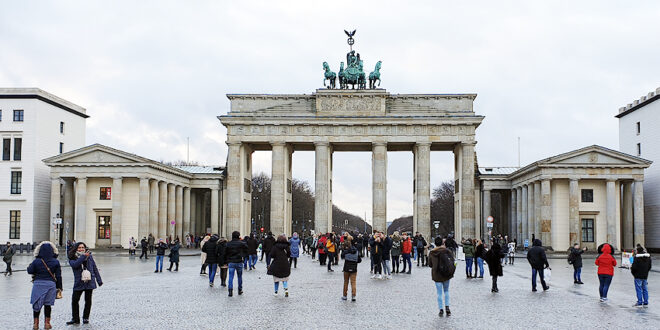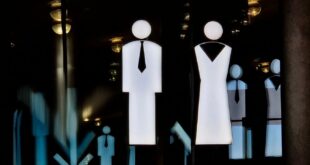A new study by the Robert Bosch Stiftung, Vielfaltsbarometer 2025 (Diversity Barometer 2025), has raised concerns about the state of social cohesion in Germany. The representative survey of 4,761 people reveals that acceptance of diversity in German society has fallen significantly over the past six years.
In 2019, almost two-thirds of the population expressed a positive view of diversity. Today, just about half do.
On the Vielfaltsindex (Diversity Index), which measures acceptance across seven dimensions, including ethnicity, religion, gender, age, disability, socio-economic status and sexual orientation, Germany scored 63 out of 100 points, down from 68 in 2019.
Acceptance of ethnic diversity has fallen from 73% in 2019 to 56% in 2025. Similarly, acceptance of religious diversity has decreased from 43% to 34% during the same period.
For Africans and other people with migration backgrounds, the findings are sobering. The sharpest declines were recorded in the acceptance of ethnic and religious diversity, dimensions that directly affect migrants and visible minorities
More than half of respondents said they would prefer not to interact with foreigners if given the choice, and support for migrants maintaining their cultural traditions remains weak. At the same time, negative stereotypes and suspicion toward religion, particularly Islam, remain widespread
Geographically, the East-West divide has narrowed. While West Germany once showed considerably higher acceptance levels, the western states have now converged with the lower values typical of the East.
Mecklenburg-Vorpommern, Saxony and Thuringia rank at the bottom, whereas Schleswig-Holstein, North Rhine-Westphalia, Saarland and Hamburg score highest. Berlin falls into the middle group, despite its image as a cosmopolitan hub.
The study warns that political polarization and media narratives can deepen divides. But it also calls for civil society, faith groups, cultural organisations, and migrant associations, to strengthen their role in fostering empathy, awareness and mutual respect
But the report also points to a way forward: contact and dialogue make a difference. People who regularly interact with those from other backgrounds show far higher levels of acceptance. This confirms the “contact hypothesis”: diversity becomes less threatening when experienced in everyday life.
For Africans in Germany, the findings underscore both challenges and opportunities. On one hand, declining acceptance signals rising polarization, making anti-racism advocacy, interfaith dialogue and cultural education ever more important. On the other, the study points to solutions: dialogue, knowledge-sharing and active participation in local communities can strengthen mutual understanding and resilience.
As Germany faces demographic changes and a growing need for skilled workers, the inclusion of Africans and other migrants is not only a moral question but also a social and economic necessity. The Vielfaltsbarometer makes clear: the future of coexistence in Germany depends on how well society learns to embrace its diversity.
Felix Dappah
 THE AFRICAN COURIER. Reporting Africa and its Diaspora! The African Courier is an international magazine published in Germany to report on Africa and the Diaspora African experience. The first issue of the bimonthly magazine appeared on the newsstands on 15 February 1998. The African Courier is a communication forum for European-African political, economic and cultural exchanges, and a voice for Africa in Europe.
THE AFRICAN COURIER. Reporting Africa and its Diaspora! The African Courier is an international magazine published in Germany to report on Africa and the Diaspora African experience. The first issue of the bimonthly magazine appeared on the newsstands on 15 February 1998. The African Courier is a communication forum for European-African political, economic and cultural exchanges, and a voice for Africa in Europe.



































